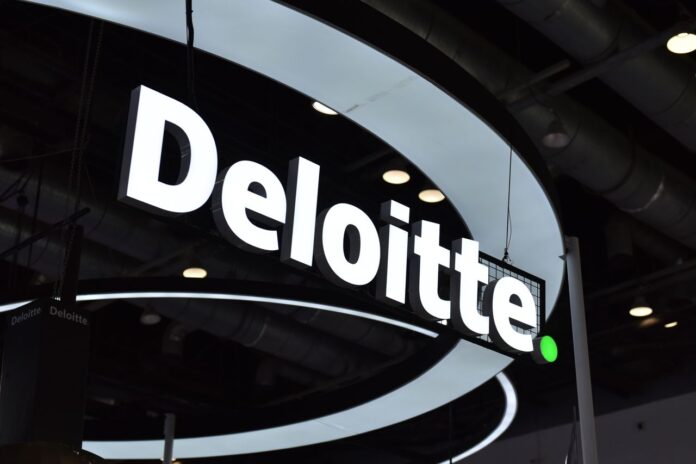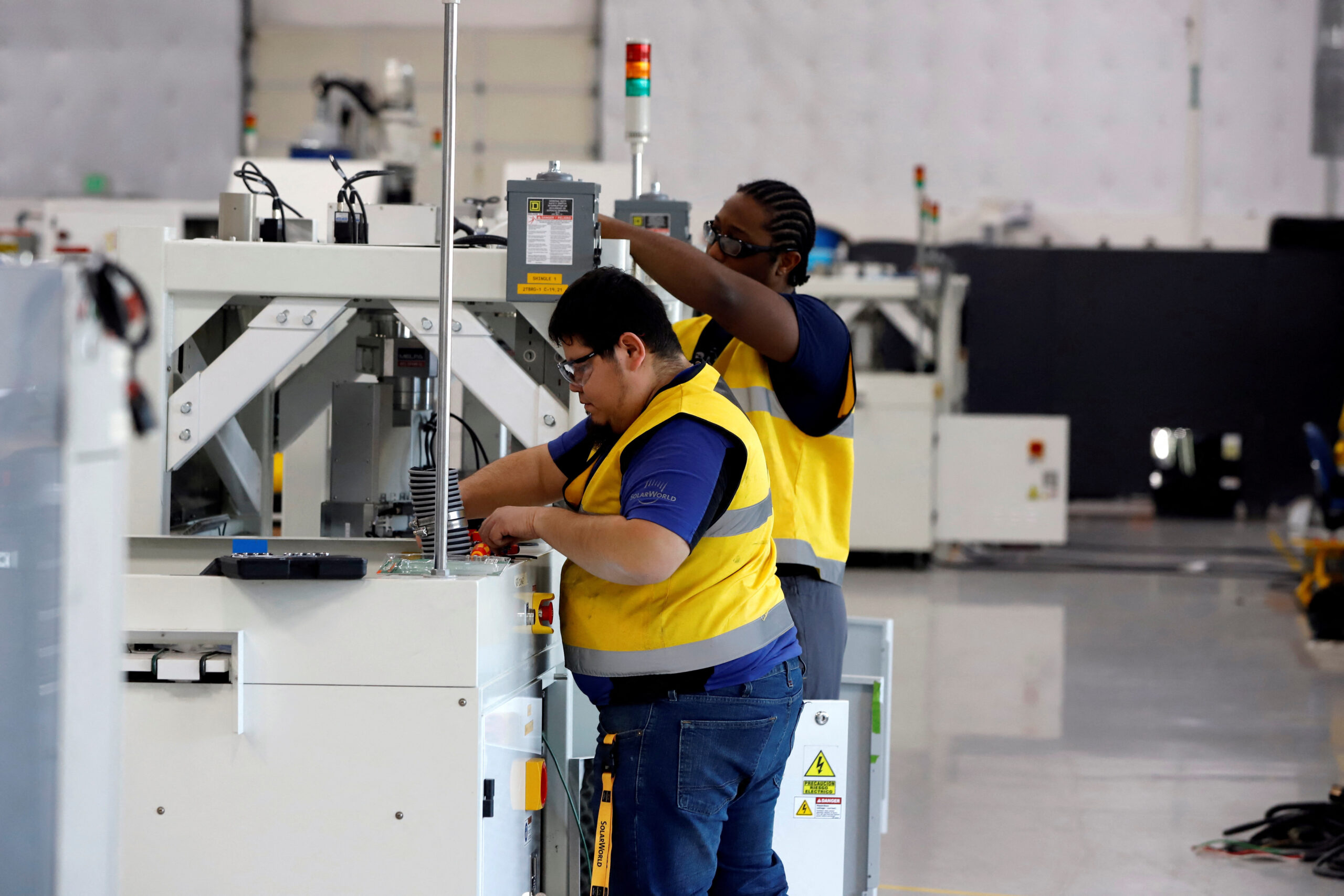A recent study conducted by researchers from George Mason University, Columbia University, the University of Hong Kong, and Arizona State University revealed that newly hired accountants at Deloitte with H-1B visas were paid approximately 10% less than their U.S. counterparts in similar roles. The findings, published in the Journal of Business Ethics on September 26, raise concerns about the effectiveness of regulatory measures designed to ensure equal pay for H-1B visa holders and U.S. workers performing comparable jobs.
The study relied on salary data from 2005 that was hacked and made publicly available in December 2014. Although the data-set did not explicitly identify workers with H-1B visas, researchers used information from the U.S. Department of Labor to deduce which employees were visa holders. Deloitte, in response to the report, described the data used as “incomplete and unvalidated” in a statement sent to HR Dive.
Key Insights from the Study.
The research sought to explore whether U.S. accounting firms were hiring H-1B visa workers due to a genuine shortage of qualified CPA-ready professionals or as a cost-saving measure by employing foreign workers at lower wages.
Deloitte defended its hiring practices, stating, “We utilize U.S. visa programs to complement our domestic workforce with highly skilled professionals, many of whom are graduates of U.S. colleges and universities. Our company adheres to all immigration regulations and ensures competitive and compliant wages for all employees.”
The H-1B visa program, introduced by the Immigration Act of 1990, allows employers to temporarily hire foreign workers for specialized roles when qualified U.S. workers are unavailable, as outlined by a Department of Labor (DOL) fact sheet. According to the DOL, the program includes safeguards to protect U.S. workers from adverse effects and to ensure H-1B employees are compensated fairly. Employers are required to pay either the prevailing wage for the role or the in-house wage paid to employees in similar positions, whichever is higher.
Despite these safeguards, the study highlighted a power imbalance created by the dependence of H-1B workers on their sponsoring employers. This dependency limits their ability to negotiate wages and benefits as freely as U.S. employees.
Joseph (Han) Stice, an assistant professor of accounting at George Mason University’s Costello College of Business, remarked on this disparity, stating, “Employers may leverage the visa itself as part of the compensation package. When one party holds significantly more power, there is an inherent imbalance, which can lead to problems.”





